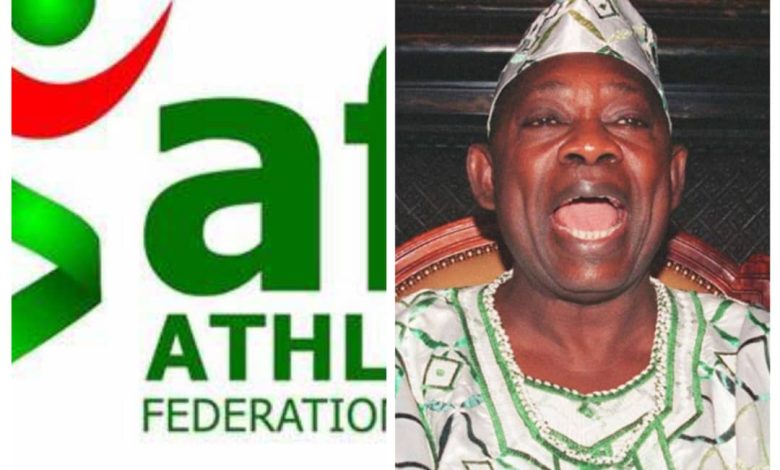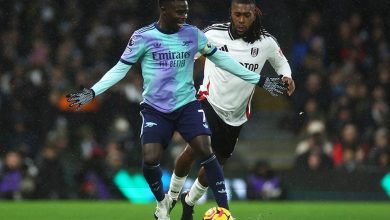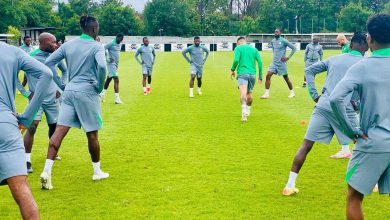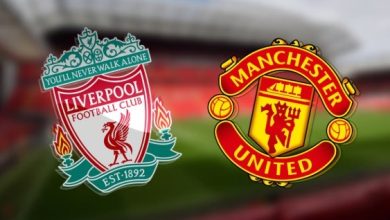Democracy Derailed: How the AFN Elections Trampled on June 12 Ideals

The 2025 Athletics Federation of Nigeria (AFN) elections have become a lightning rod for controversy, not just for their procedural irregularities but for what they represent: a deepening crisis in Nigerian sports governance. Held on June 12—a date meant to honor democracy—the elections instead exposed a troubling disregard for constitutional order, transparency, and ethical leadership.
Constitutional Violations and Procedural Breaches
The AFN Constitution (2023, as amended) was repeatedly flouted in the lead-up to the elections. The congress that adopted the constitution was convened without the required 15 working days’ notice, undermining its legitimacy.
Similarly, the April 10 congress that established the electoral committee failed to provide delegates with necessary documentation, violating due process.
Even more egregious was the formation of a seven-member electoral committee—more than double the constitutionally mandated three. This committee was appointed without a formal proposal from the board to the congress, raising serious concerns about transparency and legality.
Interference by the National Sports Commission (NSC)
The NSC’s involvement blurred the lines between advisory oversight and direct interference. It recommended postponing the elections and even relocated the venue from Asaba to Abuja, citing neutrality concerns.
The NSC also assumed the roles of the petition and appeals committee—functions explicitly reserved for the electoral committee under the AFN constitution. This overreach not only violated internal governance structures but also cast doubt on the independence of the electoral process.
Questionable Candidate Clearance
Perhaps the most alarming ethical lapse was the clearance of a candidate reportedly declared bankrupt by a U.S. court. This decision raised red flags about the vetting process and the integrity of those overseeing it.
Meanwhile, several zonal elections remained unresolved, and disputes over board representation were still pending before the appeals committee as of election day.
The Irony of June 12
Holding the elections on June 12—a day that commemorates Nigeria’s freest and fairest election in 1993—was seen by many as a symbolic betrayal. Instead of celebrating democratic ideals, the AFN elections were marred by opacity, exclusion, and manipulation. The inauguration the board on June 12 effectively barred the athletes’ representative from contesting for leadership positions, a move that contradicts World Athletics’ standards for fairness.
Financial Irregularities and the Audit Committee Blackout
One of the most damning unresolved issues is the alleged self-approved loan by AFN President Tonobok Okowa. Reports suggest he authorized a loan to himself without documentation, prompting calls for a refund. This lack of accountability has only deepened mistrust among stakeholders and raised questions about the federation’s financial governance.
Legal Challenges and Courtroom Drama
The legitimacy of the elections has also been dragged into the courtroom, with multiple stakeholders challenging the process. From unresolved zonal disputes to the eligibility of candidates, the legal battles have further eroded confidence in the federation’s ability to self-regulate.
Conclusion: A Crisis of Credibility
The 2025 AFN elections were not just flawed—they were emblematic of a broader governance crisis. From constitutional violations to financial opacity and external interference, the process has left a stain on Nigeria’s athletics administration. That it unfolded on June 12 only underscores the tragic irony: a day meant to celebrate democracy instead spotlighted its erosion.
If reform is to come, it must begin with accountability—starting with a full audit, a transparent review of the electoral process, and a recommitment to the rule of law. Until then, the AFN risks losing not just credibility, but the trust of the very athletes it was created to serve.




